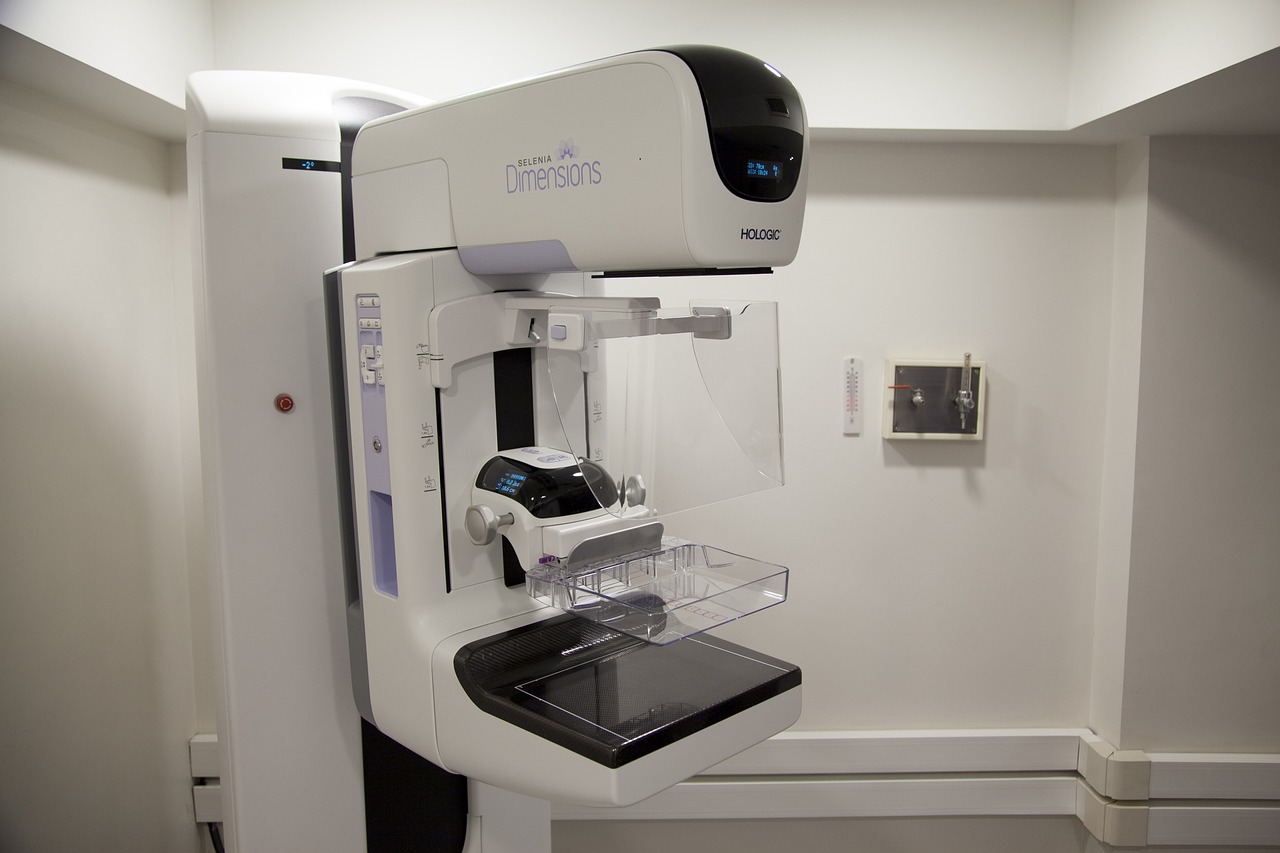The Council of the European Union has adopted a new approach to cancer screening. This is a step towards improving early detection of cancer across the EU, an important objective of the European Cancer Plan.
Like announced in September, thanks to this new approach, based on the latest available findings and scientific evidence, by 2025. 90% of people in the EU who are eligible for breast, cervical and colorectal cancer screening will be offered such tests. The new approach also calls for the expansion of screening programmes for prostate, lung and, in certain circumstances, stomach cancers, as part of a staged approach. The recommendation is part of the new EU cancer screening programme, which is a flagship initiative of the European Cancer Plan.
For breast cancer, cervical cancer and colorectal cancer, the new EU approach recommends:
- screening for breast cancer with the use of mammography in women aged 50 to 69 years and it is proposed that women aged 45 to 74 years be included in this study;
- Human papilloma virus (HPV) testing as the preferred screening tool for cervical cancer in women between 30 and 65 years of age, with an interval of at least five years;
- quantitative immunochemical stool testing (FIT) as the preferred screening test for colorectal cancer, on the basis of which people aged between 50 and 74 years are then referred for a follow-up colonoscopy.
For lung cancer, prostate cancer and stomach cancer, the Recommendation encourages Member States, on the basis of further scientific research:
- examine the feasibility and effectiveness of covering people exposed to lung cancerincluding compulsive smokers and ex-smokers, screening using low-dose radiation-emitting CT scans, and linking screening to primary and secondary prevention;
- assess the feasibility and effectiveness of implementing screening for prostate cancer in men, based on a male-specific steroidal antigen test, combined with magnetic resonance imaging (MRI) as a control study;
- implement screening strategies based on a 'detect and treat' approach for Helicobacter pylori, a bacterium that can cause stomach cancer (these are the countries and regions with the highest incidence and mortality rates of gastric cancer).
Financial support is available for cancer screening: €38.5 million has already been allocated to projects under the EU Health Programme and €60 million under Horizon Europe. Under the 2023 EU Health Work Programme, an additional €38.5 million has been allocated to help Member States implement this new Council Recommendation and develop EU guidelines. Further support can also be provided from European funds: regional, social and cohesion funds.
Context
The Recommendation replaces and expands on the previous Council Recommendation on cancer screening adopted in 2003, which included recommendations on screening for breast, colorectal and cervical cancer. The recommendation has been instrumental in ensuring that more citizens have access to organised screening for these cancers. However, individual Member States still vary considerably in terms of access to screening.
An estimated 2.7 million people in the Union will be diagnosed with cancer in 2020. It is estimated that one in two EU citizens will develop cancer during their lifetime, which will have a long-term impact on their quality of life, and of all cancer patients, only half will survive.
Source: cowzdrowiu.pl

